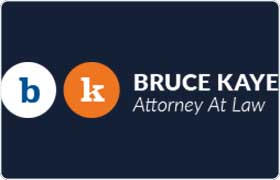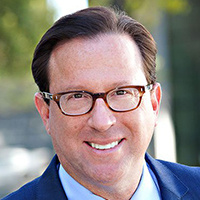Dallas Felony Lawyer, Texas
Sponsored Law Firm
-
 x
x

Click For More Info:
-
Law Offices Of Bruce C. Kaye
400 N. St. Paul St.1110 Dallas, TX 75201» view mapCriminal Defense Law Changing Lives, One Case At A Time
The best thing about running my own practice is the opportunity to give my clients the individual attention they deserve.
800-920-9461
Darlina Crowder
Attorney Darlina C. Crowder provides criminal defense representation for clients in the Plano, Texas area. She has been practicing law in the U.S. Dis... (more)
Robert Keating
✓ VERIFIEDAttorney Rob Keating has successfully represented individuals charged with crimes ranging from serious felony offenses to minor municipal citations in... (more)
Christopher Lankford
✓ VERIFIEDChristopher Lankford is licensed to practice law in all Texas state courts, Federal court (Northern District of Texas), and the Supreme Court of the U... (more)
Craig Allen Dameron
With over 15 years of experience representing clients charged with DWI and other criminal charges in Tarrant County and throughout the Dallas-Fort Wor... (more)
FREE CONSULTATION
CONTACTFREE CONSULTATION
CONTACT Bruce Kaye Dallas, TX
Bruce Kaye Dallas, TX





